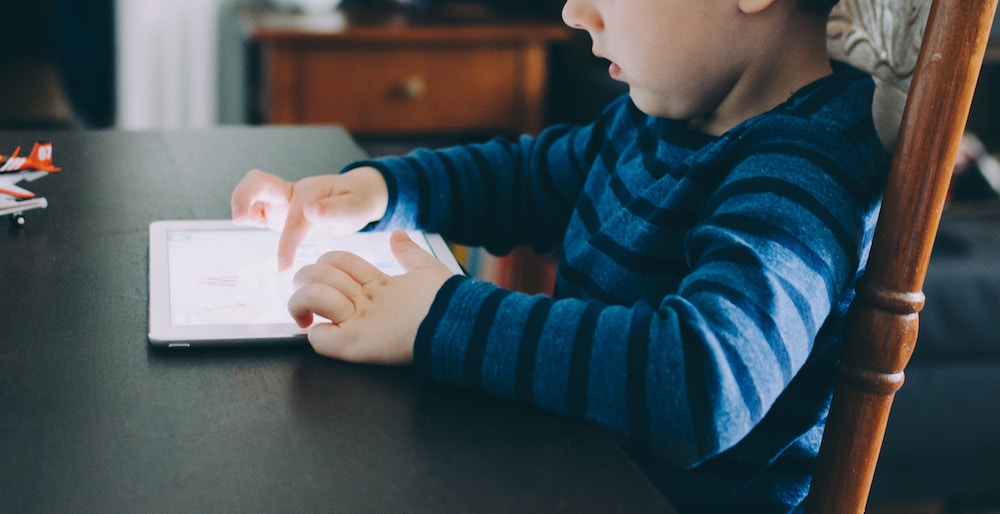
There is no question that over the past decade there has been a significant rise, especially in children, in the time spent on screen media (smartphones, tablets, computers, game consoles and television). This rise brought reports about the adverse effects on physical and mental health, such as making children overstimulated, moody, lazy and obese. There were also reports linked to parenting and the difficulty to get children off of devices. What has been less prominent over the years, is an important recognition that screen media can support positive outcomes for children.
Screen media provides the opportunity for:
- Learning and Creating – support for literacy and numeracy, informational needs and academic achievement.
- Connecting with Others – communicating with distant family and friends, participating in like-minded communities of support.
- Specific support to children with special education needs and disabilities – offering a means of interacting with others, helps with navigating the world around them, significant sources of support online.
It is therefore necessary for us to reframe our thinking of screen media as only negative, and instead parents start to ask themselves questions related to Context (where, when why and with what effects); Content (is the majority of what it is being used for indeed positive, innocuous or negative); and Connections (relationships that are being fostered). Restricting screen media is no longer the only option of managing their use. What matters is that parents and children engage with each other and make decisions about what and how to mediate based on the child’s particular age, needs and interests, and their skills and values.
Consider practicing the following:
- Pay attention to how your child acts during and after using screens – if there are negative behaviour changes, screen media time limits should be discussed.
- Balance screen-time activities with screen-free activities – have times when everyone is off a screen. No screens (phones included) at mealtimes or an hour before bed.
- Create a schedule that works for your family, including screen-time limits and screen-free times. Use the principle of an hour of ‘energy in’ (time spent on screen media) equals an hour of ‘energy out’ (other activities)
- Ask your children to explain social media to you. Ask them why it is important to them.
- Join the Social Media apps so you can understand what it is about. Discuss with your child if you are ‘Adding/Following’ them and set up guidelines that you each
- Check age restrictions especially for content and networking sites.
- Do not be a ‘tablet parent’ – Do not use the screen media to babysit the child while you are doing activities, such as doing laundry, and not engage the child after. When the activity is finished make sure to talk to your child about what they are doing to make the experience language rich. Act out scenes from shows or games, play music and dance, make the screen media times a ‘whole body’ interactive experience of exploration and interaction.
- Don’t give very young children their own devices. Try to use the screen media together with your child so you can talk about what you have engaged in.
- Parents should teach their children how to use the technology especially with using it to talk about what they are seeing, reading or playing on the screen media.
- It is okay for your teen to be online. Online relationships are integral to the adolescent, together come up with usage rules – they will make mistakes using screen media, these can be teachable moments if handled with empathy.
Adults, it’s not only the children that need to mange their screen media use. There has been recent research claiming that screen media has been bad for parenting, distracting parents and modelling poor behaviour for children. So, lead by example and put away devices during family time. Agree to limit your screen time around your children, especially when getting home from work. The same home screen time rules should also be followed by you. Lastly, become active yourself and be the positive model for your children to follow.
